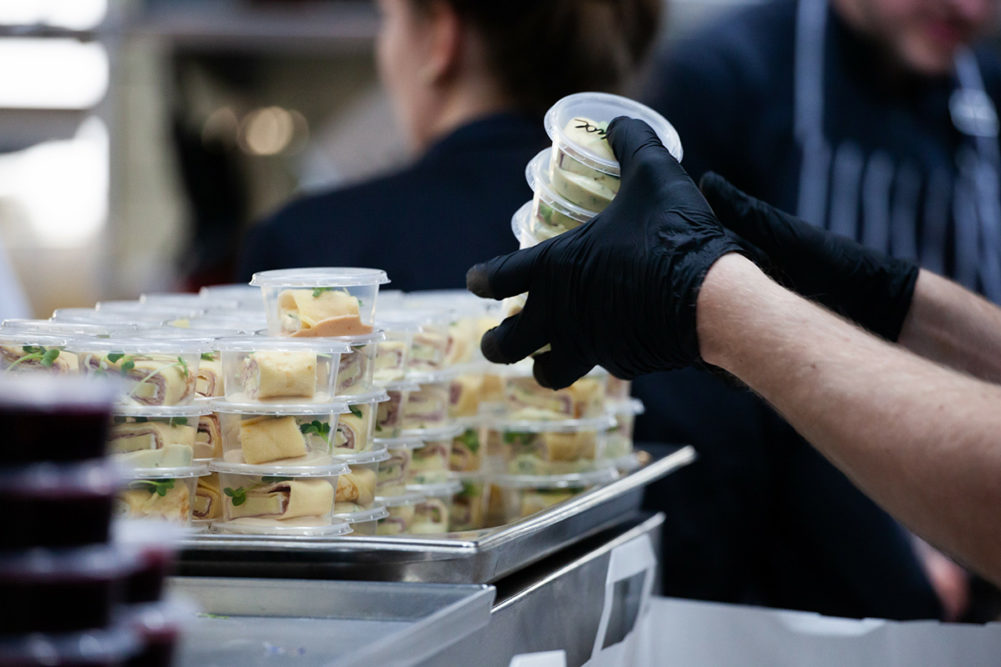The basics of food safety don’t change much, said Tyler Williams, CEO of St. Louis-based ASI Food Safety.
Grocery delis need to make sure their employees are washing their hands enough, that product is getting rotated when it needs to be, that there’s no cross-contamination. Pest and chemical controls need to be in place, produce needs to be store appropriately.
That was true in the past, it’s true now and it will remain the priority in the future.
What has changed, Williams said, is the focus on establishing the proper cultures that will turn those food safety priorities into realities on a daily basis.
“The biggest trend in food safety is the push for food safety culture, and figuring out what that means,” Williams said, pointing out that the definition can vary widely depending on the company and industry.
In the past, a retailer’s food safety program might involve an annual training exercise, a “check the box exercise,” Williams said. Employees likely didn’t retain much information in that training that they could apply in their daily work routines.
Now, it’s far more common for stores and other businesses in the fresh food industry to do training on a monthly basis, he said. And more of it is done on an interactive e-learning platform, where employees are asked to complete activities and take quizzes. If they don’t pass, they can go back and try again until they do.
“It’s not just the boss talking to you for 30 minutes,” Williams said.
That’s on the training side. On the performance side, more delis and other areas of the grocery store are setting KPIs for employees. If swabs are being conducted, for instance, the results could be tied to whether employees get a reward or a warning for their efforts.
Another product of the greater importance placed on food safety culture, Williams said, is increased use of posters and other visual reminders in the workplace to wash hands, cover noses when sneezing and other hygiene basics.
ASI serves as a one-stop shop for grocery retailers and other food industry members who want help with staff training, food safety culture implementation, audits and a host of other services, Williams said. And following the company’s acquisition last year by Kiwa, ASI is now poised to do audits outside of North America.
The end of self-serve?
One of the biggest changes COVID brought to grocery delis was the discontinuation of many salad bars and other self-serve options, said Tyler Williams, CEO of St. Louis-based ASI Food Safety.
They are great convenience options for consumers, Williams said, but they are very risky. You can train staff on proper food safety habits, he said, but you can’t train consumers.
COVID did make people in general more conscious about germs, bacteria, diseases. But not enough to produce changes in behavior that would make them feel them safe going back to many self-serve options — or convince retailers to bring them back in the first place.
“I don’t see those things coming back,” Williams said. “That’s been the biggest change in delis.”

